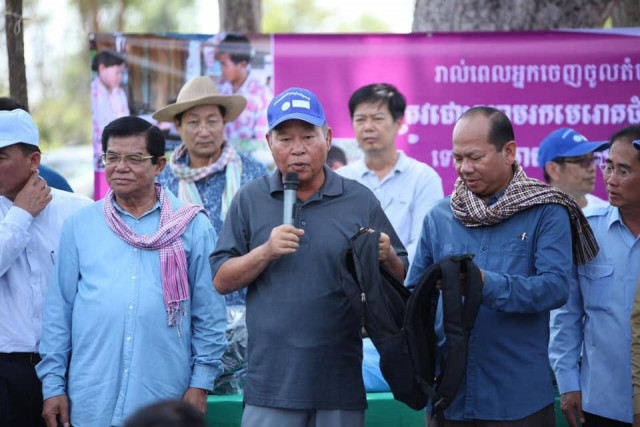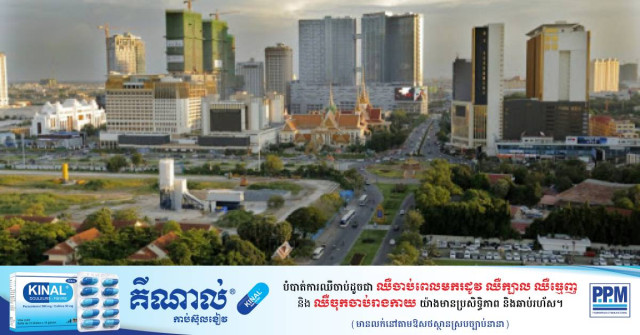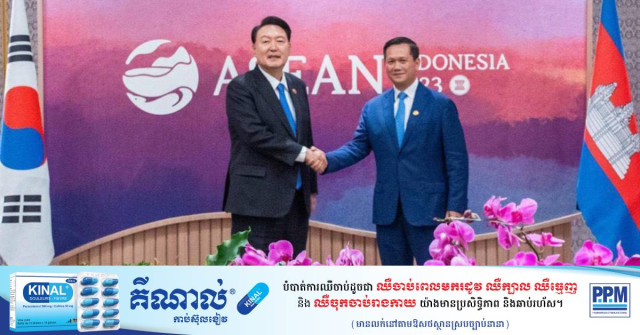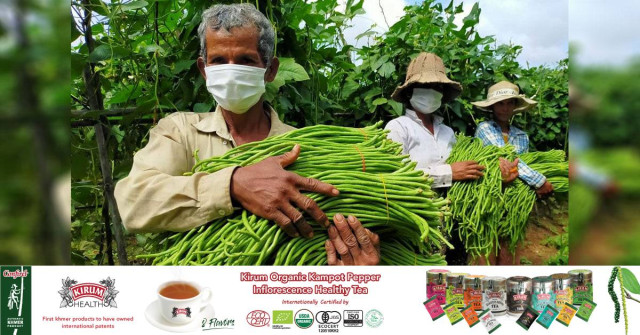Unions Hopeful of US Tariff Concessions
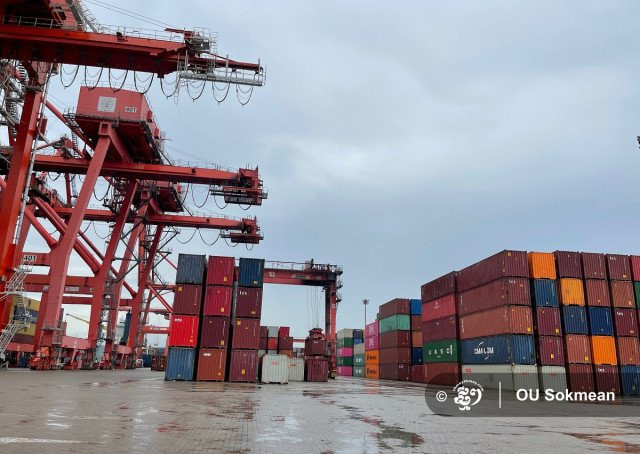
- By Sam Sopich
- June 22, 2022 3:13 PM
Labour rights protection ‘is essential’
PHNOM PENH – Unions believe Cambodia will keep itsGeneralized System of Preferences (GSP) tariff concessions –under review in the US since the end of 2020 – but say the country must soften its attitudes and promote labor rights.
Ath Thorn, president of the Cambodian Labour Confederation (CLC), and other union leaders attended the Global Compilation Conference on 29th General Assembly, organized by the AFL-CIO in the United States.
Ath Thorn met members of the US Congress and other government officials, including the labor, trade and GSP administrators.
The US is considering terminating the preferences because Cambodia has not yet complied with its GSP requirements.
What they want to see is progress on labor rights and democracy, Ath Thorn said. Under the new agreement, they want to see the government add trade and investment conditions that the US will provide as long as the working conditions are set.
“The United States remains positive for Cambodia, which Cambodia must continue to implement and make more effortbecause it is being monitored,” he said.
“However, we are not too sure, because Congress may not approve further monitoring. If the political situation and human rights of Cambodia are not good, they may be delayed,” he said.
Asked if the NagaWorld unions and workers conflict could affect the GSP process, Thorn said this might be the case because criminal charges against unions have not been withdrawn.
He suggested the government should soften its attitude by dropping all union cases and union rights on negotiations andrepresentation should be restored.
Khun Tharo, program manager at CENTRAL, said the GSP system requires the approval of the US Congress and the Senate. There would be a lot of debate in the Foreign Affairs Committee in charge of business.
Non-renewal of US preferential tariffs affects other countries too.
“For Cambodia if there is no significant development of the principles of democracy, respect for political rights, human rightsand civil rights,” he said.
Khun Taro said that the GSP provision is assessed on whether Cambodia has human or labor rights violations and whether they are systemic, such as the use of laws on trade unions and on associations which are used to restrict fundamental freedoms of unions.
“We observed that the continuation of the persecution of activists, union leaders, has continued, especially in the unions, where the rights of trade unions have declined due to persecution and oppression,” he said.
“NagaWorld case is one of the few in which local union leaders have faced problems that it can be a barrier that will be hard to get back,” he said.
Ministry of Commerce spokesman Pen Sovicheat, said the delay in deciding on the GSP was because the US has its own internal problems.
The US is a big market for Cambodian shoes and clothes but these are not covered by the GSP. Cambodia needs to pay tariffs on the Most Favoured Nation system like other countries.
Sovicheat said that only luggage that Cambodia exported under the GSP has increased significantly and was worth up to $1 billion per year.
“Cambodia also urges trade advisers in the United States to lobby the US side because this GSP is very important, not only for today's exports, but there may be more in the future,” he said.
“We work hard to maintain this preferential system.”
He said US-Cambodia trade relations have not been strong but both countries are promoting a good partnership, with the US being one of Cambodia's largest markets.
“Our intention is that one day we will be able to reach a free trade agreement with the US if we have enough ability and the opportunity,”
The US Embassy in Cambodia posted a brief message on its official Facebook page during in September 2020 saying the US is one of Cambodia's largest export markets, with a value of $5.4 billion in 2019.
The embassy said nearly $1 billion worth of travel goods, including handbags, backpacks and suitcases, are exempt from customs duties under the GSP system.










